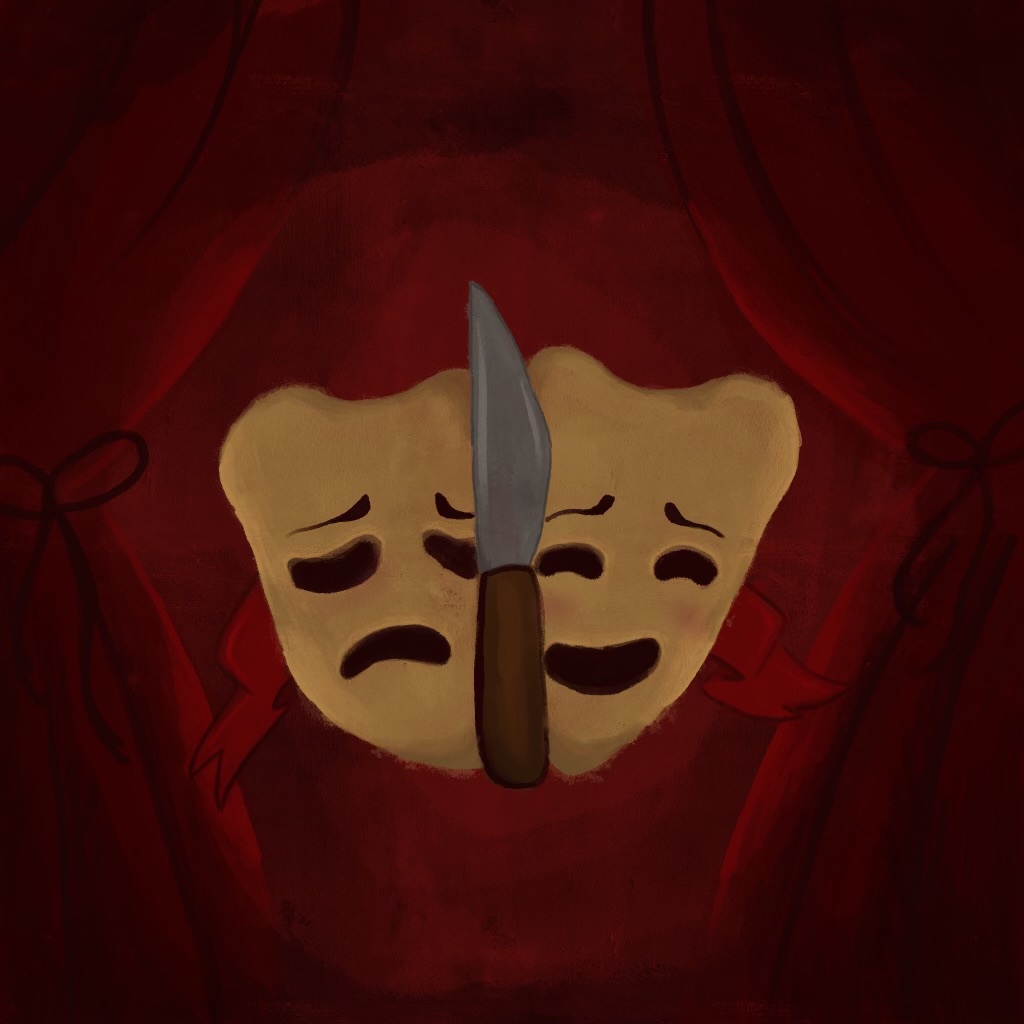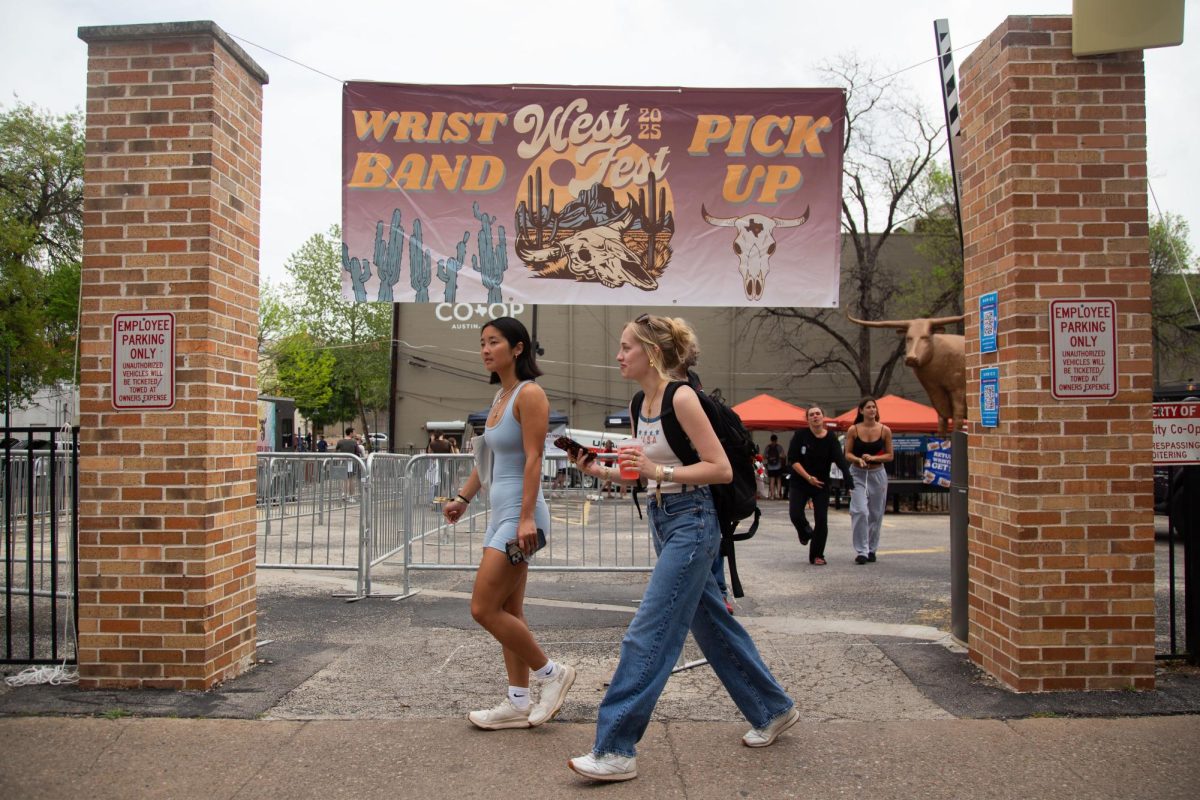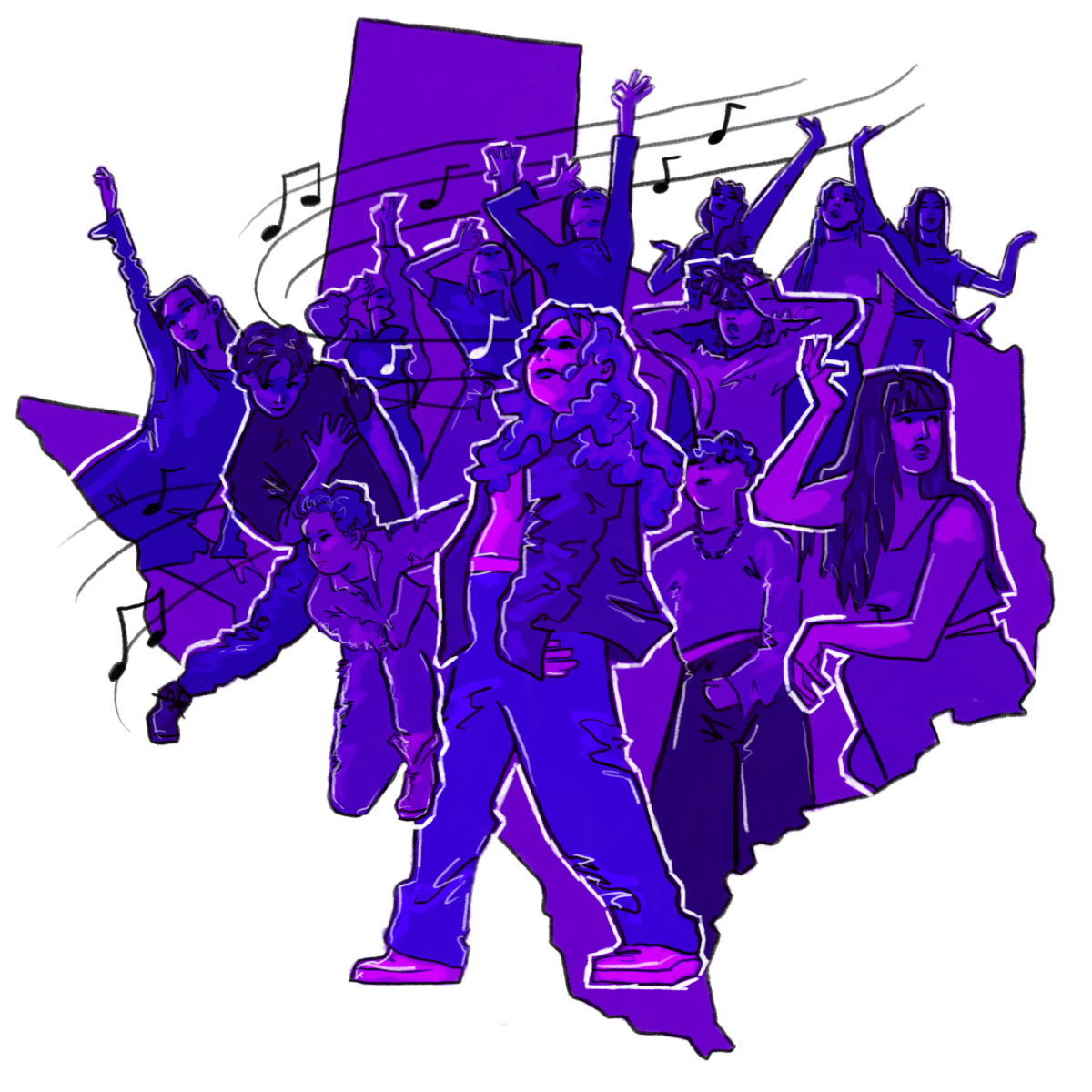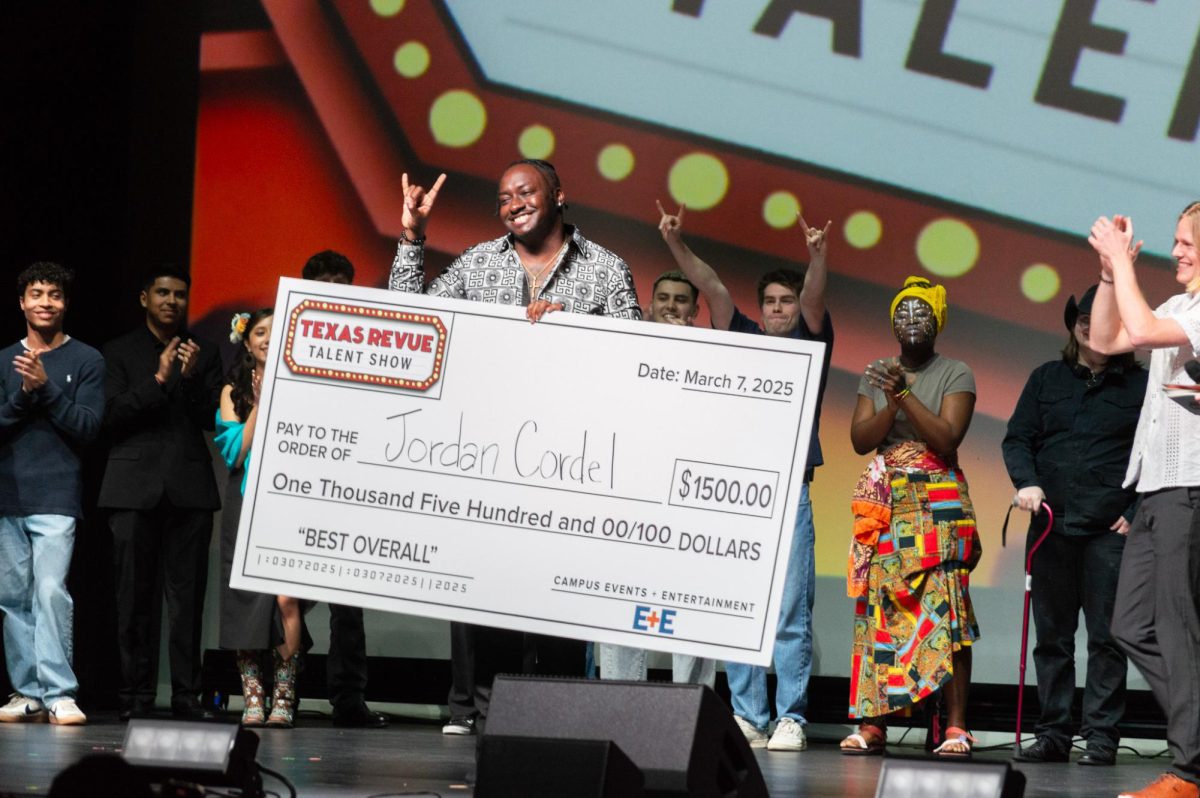Ten suspects stand on the stage shrouded in dark curtains, eager to prove their innocence and not so eager to reveal the motives they might have for the murder.
Campus Events + Entertainment’s Creative Arts + Theatre Committee will perform “Deadly Night at the Opera,” an improv production featuring a 1920s murder mystery plot and audience participation. The show will play on Thursday, Friday and Saturday in the WCP Black Box from 7 to 9 p.m., but international relations and global studies and Plan II sophomore Kaz Elenes said the show begins in the hallway, as actors mingle with audience members.
“There’s arguments, drama, establishing relationships even out there to get the audience engaged,” Elenes said. “The flow of the accusations and the revealing of secrets and motives makes you feel like anybody could have done it.”
Political communications senior and actor Anaiah Matthews said throughout the play the characters give the audience the chance to ask questions, solve the murder and vote on who they suspect at the end of the show.
“(The audience may think) ‘Oh, my gosh, you’re such a sweet, lovely baby angel, you can do no wrong,’” Matthews said. “That doesn’t last for very long.”
Matilda Herrera Ramirez, a history senior, said CA+T voted on the student-written idea and acting directors created 11 character archetypes, inviting students to audition and shape the roles with their own ideas.
“Everyone (had) so much fun with it because it’s a back and forth between the actors and the directors,” Ramirez said. “Traditionally, actors look to the directors for guidance whereas here the directors are asking the actors for just as much guidance.”
Once he found out he would play “Dick Dixon,” otherwise known as “the Phantom,” Elenes said the cast kept up a running rehearsal gag where they based his character off the show’s producer’s father who has the same name. He even borrowed one of the real-life Dixon’s hobbies: roller skating.
“What I love about CA+T in particular is how it’s so student-led,” Elenes said. “We really emphasize student writing, student visions and student creation as a whole. … I like how we all get to work as a collaborative team to create such fun things.
Matthews said even though he could create every detail of his character’s background and experiences, he initially felt constricted by historical accuracy and the era’s prevalent racism. With his acting directors’ encouragement, however, he said he developed his character, one of the opera owners, with LGBTQ+ people in mind.
“The erasure of BIPOC queer people … happens so frequently. … I think it’s wrong to deny parts of yourself that are on stage,” Matthews said. “Your identities and who you are is essential to you being you. … For me, as a queer person, denying myself onstage is not something that I can do anymore. … I thought that this was the perfect time to be very extra about it.”
Matthews said he hopes the audience experiences the energy and talent of the UT community after seeing the show.
“Honestly, it’s the most fun I’ve ever had. It’s the most connected to school I’ve ever felt,” Matthews said. “(It) feels like I found a tribe that speaks to me, and (I) hope that they laugh their ass off and find a community that might be a little bit more welcoming for them to be a part of.”














